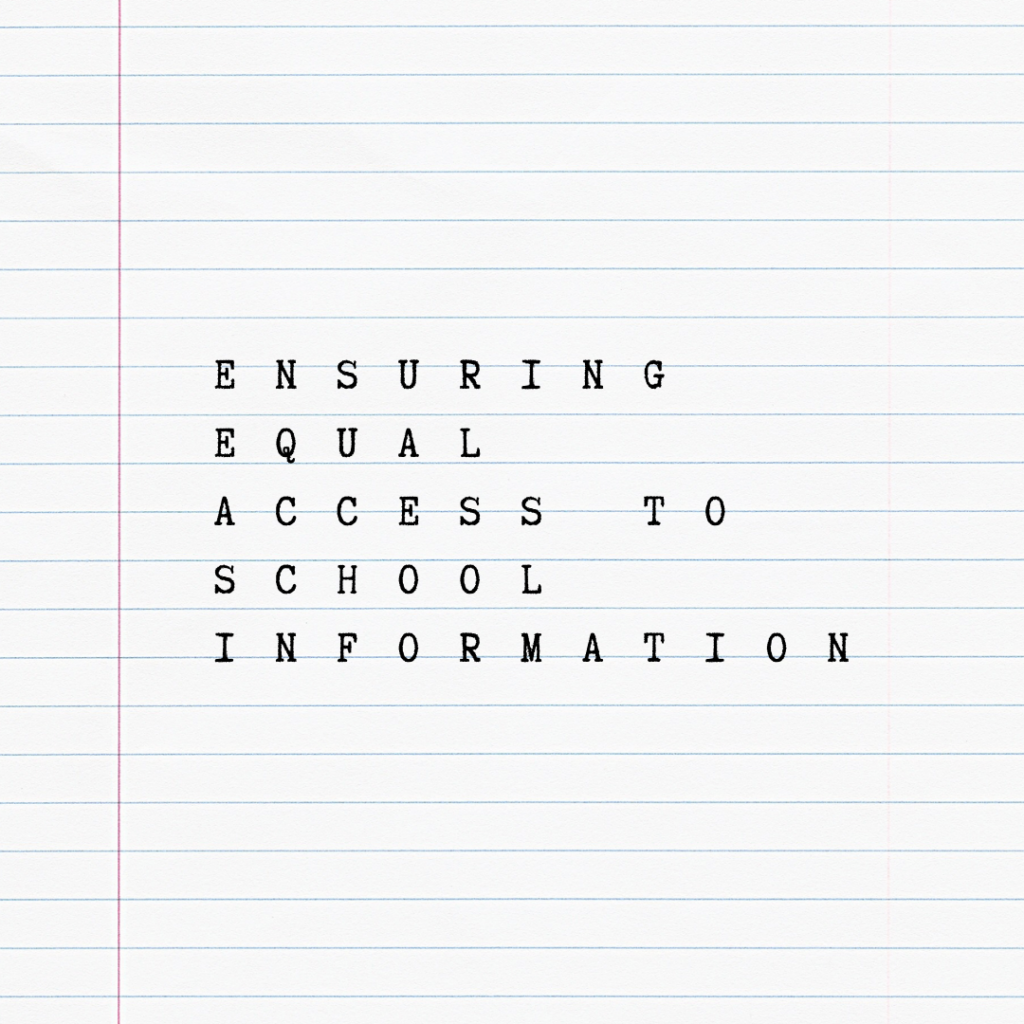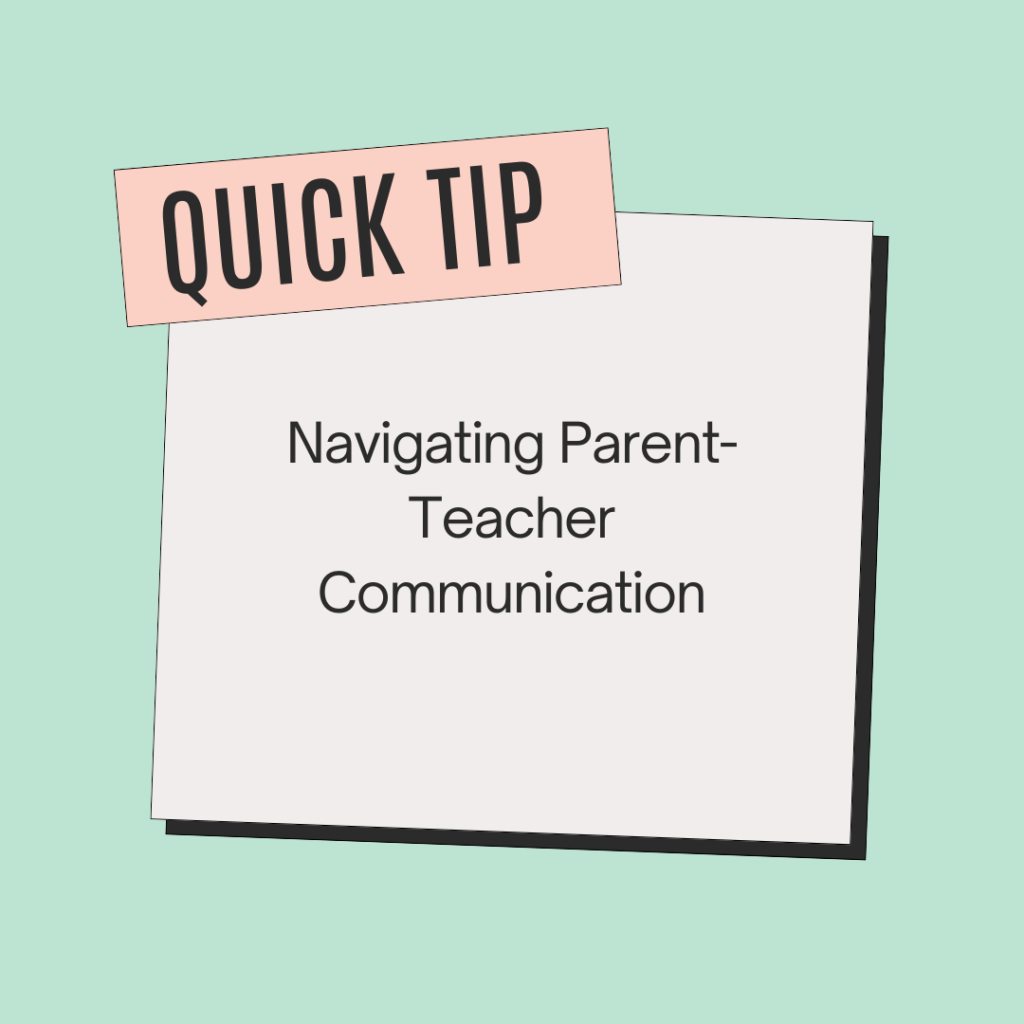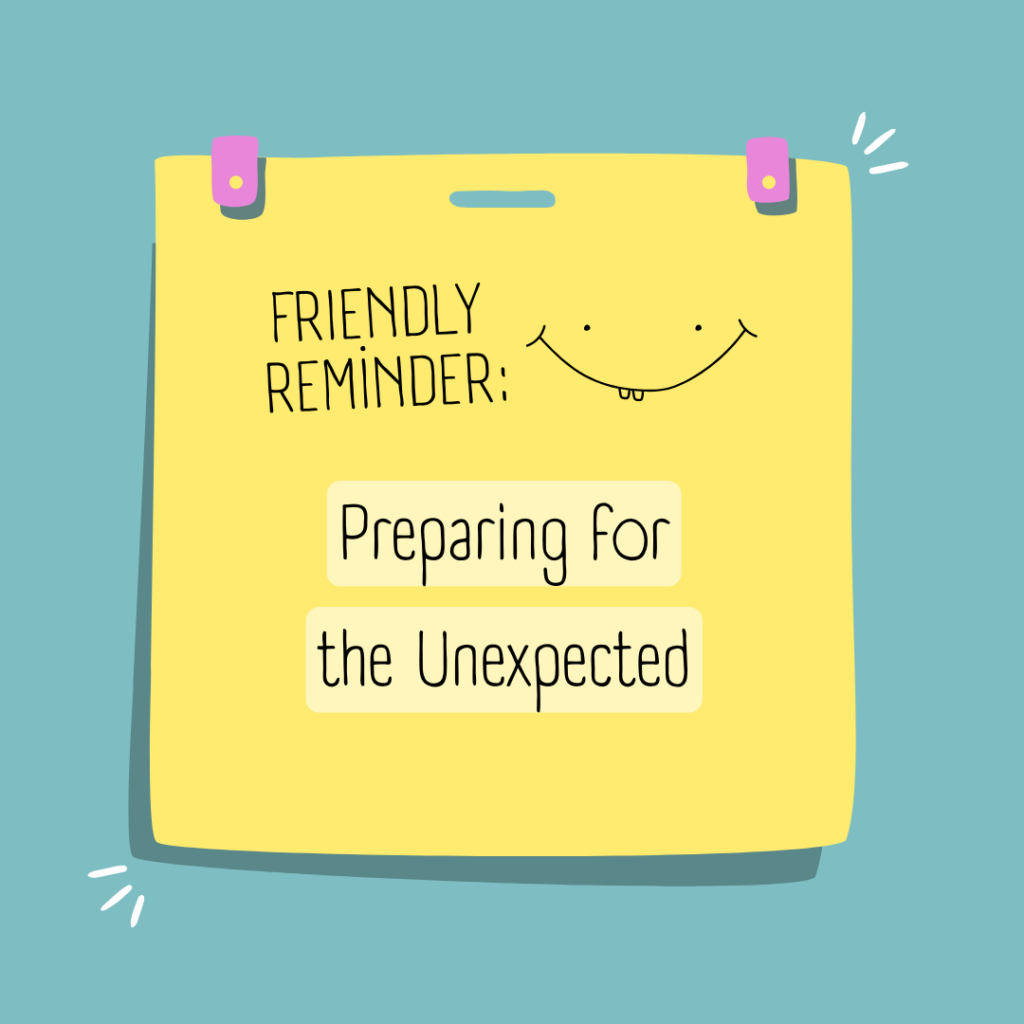Like so many families across the country, this week marks the start of the school year where I live. For many, the return to school is a joyful shift back into routine. However, for those of us navigating the complexities of a high-conflict, abusive ex-partner, the first day—and the entire back-to-school season—presents a unique set of challenges. These difficulties, while familiar to some who have been through it before, can catch those new to separation or divorce off guard, leading to unexpected stress and conflict. I’d like to share some of my experiences and how I’ve learned to manage this tricky time over the years.

Ensuring Equal Access to School Information
One of the first lessons I learned when my kids were younger was the importance of making sure my ex was included in all school communications. It’s not uncommon for an abusive ex to claim ignorance about school events or information as a way to create conflict or shift blame. This tactic is often used to undermine your efforts and paint you as the “difficult” parent who doesn’t communicate.
To avoid this, I made sure his name and email were added to all school information and encouraged him to reach out to teachers and administrators himself. By doing this, I made sure that he received the same information I did, eliminating any claims that he was left out of the loop.
Even doing this, an abusive ex might still create problems. Over the years, I’ve had to remind him to check his emails or revisit past communications when he claimed he wasn’t informed. This constant need for reminders can be exhausting, but it also serves as documentation that you’ve done your part. Keeping a record of these interactions can be invaluable if you need to address the issue in court or during custody discussions.
One strategy that has worked for me is to save all school-related emails in a separate folder. This way, if my ex claims he didn’t receive something, I can quickly pull up the communication and resend it. While it doesn’t eliminate the frustration, it does help maintain a sense of control over the situation.

The Back-to-School Shopping Dilemma
Back-to-school shopping can be a challenge even under the best of circumstances. When co-parenting with a high-conflict ex, it can turn into a battleground. Many custody agreements don’t explicitly cover the costs of school supplies, clothes, or other school-related expenses, leaving it up to the parents to figure out who pays for what. This vagueness can lead to disputes, with some exes insisting that school expenses are covered by child support, while others may argue about the necessity or cost of certain items.
When we first separated, I tried to get my ex to share the responsibility. I would carefully document every purchase, separating items and sending him receipts with requests for reimbursement. Every year, without fail, this would lead to arguments. He would nitpick every purchase, claiming that items were unnecessary or too expensive or that he already had something at his house that could be used instead.
This approach, while well-intentioned, often left me feeling drained and defeated. It became clear that these battles were about money and control. My ex used every opportunity to exert his power, turning what should have been a positive experience for our kids into a stressful ordeal.
Over time, I realized that these battles were not worth the stress they caused me or the tension they created for my kids. I stopped asking for his help with back-to-school shopping. Instead, I focused on making sure my kids had what they needed, regardless of whether he contributed or not. By prioritizing their happiness and my own peace of mind, I was able to let go of the frustration and avoid the yearly fights over school supplies.
Now, I approach back-to-school shopping with a different mindset. I involve my kids in the process, letting them choose the supplies and clothes they want within reason. This not only empowers them but also creates a positive and fun experience that helps alleviate some of the anxiety associated with the start of a new school year. I’ve learned that it’s better to focus on creating positive memories with my children than to get caught up in a power struggle that ultimately benefits no one.

Setting Boundaries for the First Day of School
The first day of school is a big deal for any family, filled with excitement, jitters, and, of course, the obligatory first-day photos. But when co-parenting with an abusive ex, this day can bring an added layer of tension. For some reason, the first day of school seems to be a time when an otherwise uninvolved parent suddenly wants to play a starring role. They may insist on being there for drop-off, taking pictures, and making a show of being the “involved parent.”
In my case, I’ve established a firm boundary: my ex is not welcome at my home on the first day of school (well, honestly, ever). He is free to do his own first-day activities at school, but our morning routine is a special time for me and my children—one that I won’t allow to be disrupted by unnecessary drama. This boundary has been crucial in maintaining a peaceful start to the day, allowing us to focus on the excitement and positive energy that the first day of school should bring.
I’ve been fortunate that my kids have always been with me on the first day of school, but I know that not everyone is in the same situation. For those who don’t have their kids on the first day and whose ex isn’t willing to cooperate, or if you are uncomfortable being around them, on things like photos or supplies, consider creating your own special moment on another day. You can reach out to the teachers ahead of time and arrange to drop off supplies before the school year starts. Or, have a “practice run” where you go through the morning routine, take pictures, and walk to the bus stop or school as if it were the first day. This way, you and your kids still get to experience that first-day excitement, even if it doesn’t happen on the official first day.

Navigating Parent-Teacher Communication
Parent-teacher communication is crucial throughout the school year, but it can become a minefield when co-parenting with a high-conflict ex. An abusive ex may try to use these interactions as a way to undermine you or create drama. They might show up unannounced to meetings, make disparaging comments about your parenting in front of teachers, or try to monopolize communication with the school.
I’ve found it helpful to establish a relationship with my children’s teachers at the beginning of the school year, even before, if possible. I communicate openly about my situation, letting them know that while both parents are involved, there may be some challenges in co-parenting. Teachers are usually understanding and can help ensure that communication remains professional and focused on the child’s needs. I also make sure that all communications are documented, whether it’s through emails or notes, to prevent any manipulation or misrepresentation.
But, some schools may not allow separate conferences or meetings, particularly for important discussions like 504/IEP meetings. If you find yourself in this situation, here are some strategies to consider:
- Request to Attend Virtually: If the school insists on joint meetings, ask if one of you can attend virtually. This allows you to participate fully without the physical presence of your ex, which can help reduce tension and allow you to focus on your child’s needs.
- Bring a Support Person: If attending the meeting in person is unavoidable, consider bringing a support person with you, such as a friend, family member, or advocate. Their presence can provide emotional support and help ensure that the meeting remains focused on your child.
- Prepare and Submit Your Concerns in Writing: Before the meeting, prepare a detailed list of your concerns, questions, and goals for your child’s education. Submit this to the school and request that it be included in the meeting agenda. This helps make sure that your voice is heard, even if the meeting dynamics are challenging.
- Request Documentation: After the meeting, request a copy of the meeting minutes or a summary of the discussion. This allows you to review what was agreed upon and ensures that nothing is misrepresented later.
- Follow-up: After the meeting, follow up with the school to clarify any points or to provide additional input. This can help reinforce your involvement and commitment to your child’s education.
While it can be frustrating to navigate these situations, remember that the goal is to advocate for your child’s needs. By being prepared and setting boundaries, you can ensure your voice is heard, even in difficult circumstances.

Handling Extracurricular Activities
Extracurricular activities, like sports, music lessons, or clubs, can add another layer of complexity when dealing with a high-conflict ex. These activities are important for your child’s development, but they can also become another area for control and conflict. An abusive ex might refuse to pay for activities, show up unexpectedly, or try to change schedules at the last minute to create confusion and stress.
To navigate this, I’ve learned to keep my focus on what’s best for my kids. I make decisions about their activities based on their interests and needs, not on whether my ex will contribute or cooperate. I also communicate clearly with coaches or instructors, letting them know the situation and ensuring that any necessary information is shared with both parents. This helps create a consistent and supportive environment for my kids, even if my ex is uncooperative.
It’s also helpful to have a backup plan in place for transportation and logistics. If your ex is unreliable or tends to change plans at the last minute, having a trusted friend or family member who can step in to make sure that your child doesn’t miss out on activities they enjoy. This also reduces the stress on you and your child, knowing there’s a plan B in place.

Preparing for the Unexpected
One of the most important things I’ve learned is to prepare for the unexpected. No matter how well you plan, there will always be surprises when dealing with a high-conflict ex. They may try to throw a wrench in your plans at the last minute, create confusion around schedules, or show up unannounced at school events. Having a backup plan can help you stay calm and focused when these situations arise.
If you’re worried about your ex showing up unannounced at drop-off, consider arriving a little earlier or later than usual to avoid crossing paths. If you’re concerned about last-minute changes to the schedule, make sure your kids understand what the plan is, and have a trusted friend or family member on standby to help if needed. Most importantly, keep the lines of communication open with your children’s teachers and school staff. Let them know about your situation so they can offer support and help keep things running smoothly. Trust me it might feel like it, but you are not the only person in this situation, schools deal with things like this more often than you would think.
Another aspect of preparing for the unexpected is teaching your children how to handle situations where the other parent might be trying to manipulate or confuse them. While it’s a delicate balance, helping your kids develop critical thinking skills and confidence in their ability to communicate their needs can empower them in difficult situations.
For example, if your ex tries to change plans or makes promises that contradict your agreement, encourage your child to check in with you before making any decisions. This reinforces the boundaries you’ve set and helps your child feel secure in knowing they can rely on you for support and clarity.

You’re Not Alone: The Power of Shared Experience
One of the most important things to emphasize is that you are not alone in this experience. It’s easy to feel isolated and overwhelmed when dealing with a high-conflict ex, especially during stressful times like the back-to-school season. But many parents are navigating similar challenges, and sharing our stories can provide comfort and practical advice.
I’ve found that connecting with other parents who have been through similar situations has been incredibly helpful. Whether it’s through support groups, online communities, or just conversations with friends who understand, knowing that others have faced—and overcome—similar obstacles can be a powerful source of strength.
It’s also important to acknowledge that it’s okay to ask for help. Whether it’s from a therapist, a legal professional, or a trusted friend, reaching out for support is a sign of strength, not weakness. There’s no need to navigate these challenges alone when there are resources and people who can offer guidance and empathy.

Moving Forward with Confidence
The back-to-school season is challenging for any parent, but when you’re dealing with a high-conflict, abusive ex, it can feel overwhelming. By setting clear boundaries, preparing for the unexpected, and focusing on your children’s well-being, you can navigate this time with confidence. Remember, the goal is to create a stable and positive environment for your kids, even in the face of adversity. With a little planning and a lot of patience, you can make the transition back to school a success for your family.
As you move forward, remember that every small victory—whether it’s a peaceful morning routine, a successful parent-teacher meeting, or a joyful first day of school—is a testament to your resilience and strength. You’re doing the best you can for your children, and that’s something to be proud of.

